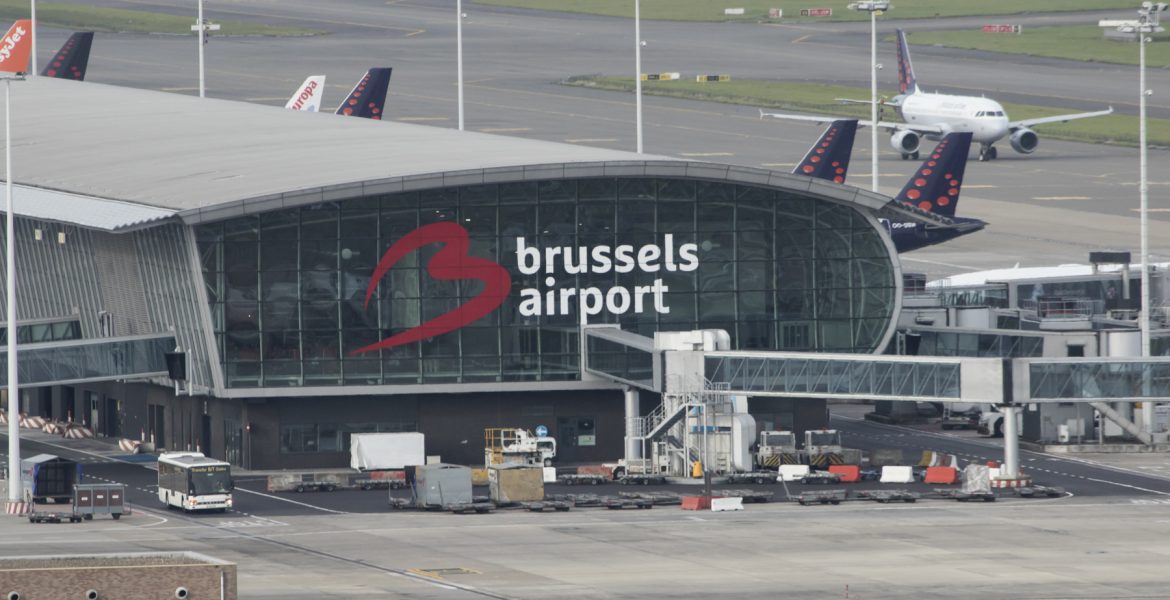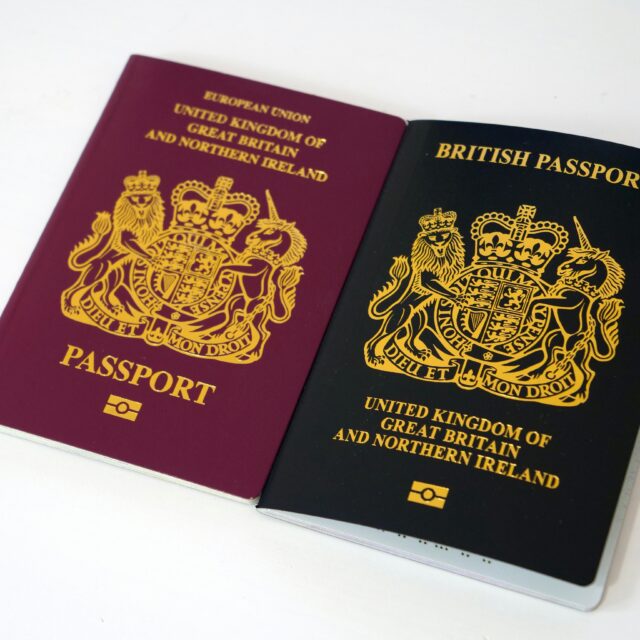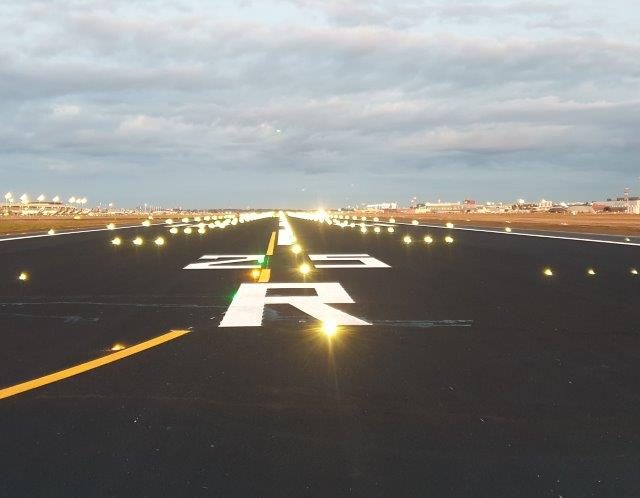283,164 passengers passed through Brussels Airport in January, which is a mere 16% of the number of passengers recorded in January 2020. The start of the year was marked by the ban on non-essential travel at the end of the month. Air cargo traffic continued the growth that started last summer with a significant 21% increase in volumes carried compared to the same period in 2020. The cargo division at Brussels Airport continues to play a significant role in shipping COVID-19 vaccines around the globe.
‘After a very difficult year 2020 with a mere 7.6 million passengers, Brussels Airport expects another few challenging months for the aviation sector in particular’, explains Arnaud Feist, CEO of the Brussels Airport Company. ‘The ban on non-essential travel which came into force two weeks ago will impact the whole of February and will further drive down passenger numbers. We hope with all our heart to be able to relaunch non-essential travel, in all safety, during the Easter holidays and we are really hopeful for the summer. The low activity in passenger traffic stands in real contrast to the intensity of our cargo activities which grew by a strong 20% in January. Brussels Airport continues to play an important role in the transport of COVID vaccines thanks to our specialised equipment and partners.’
As of 27th January, following new travel restrictions and the ban on non-essential travel imposed by the federal government, several airlines have further reduced the frequency of their flights.
Air cargo volumes have again recorded significant growth, up 21% on January 2020. The total volume of goods handled by the logistics platform at Brussels Airport grew significantly (+ 18%) in January, totalling 58,311 tonnes.
In January 2021, the number of flights decreased by 66% compared to January 2020 to reach 5,680 flights (against 16,885 flights last year). The number of passenger flights decreased by 78%.
During the month of January, the number of cargo flights operated by passenger aircraft continued to increase compared to the previous months. In doing so, the airlines provide additional cargo capacity to supplement full-freighter capacity.




